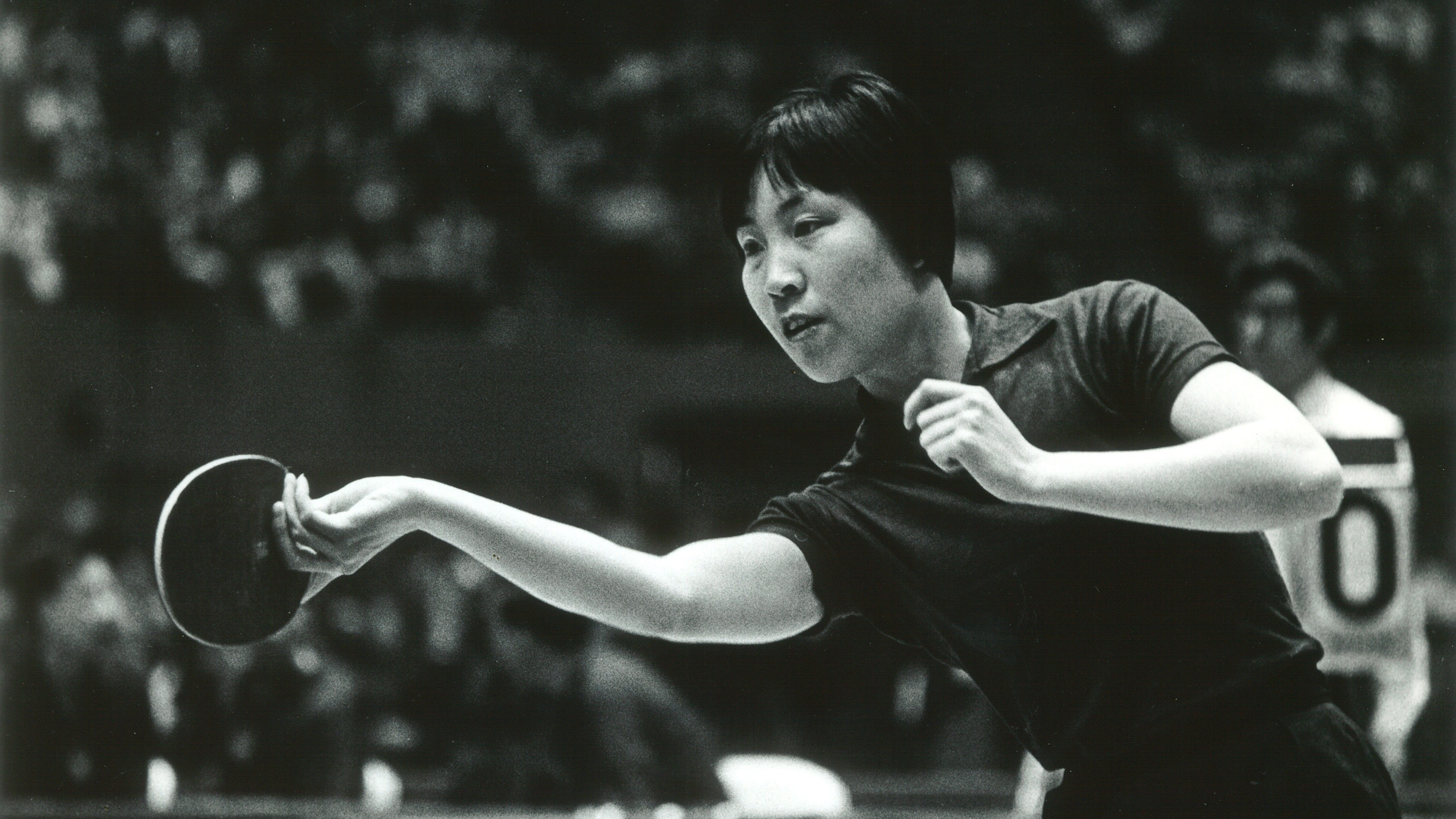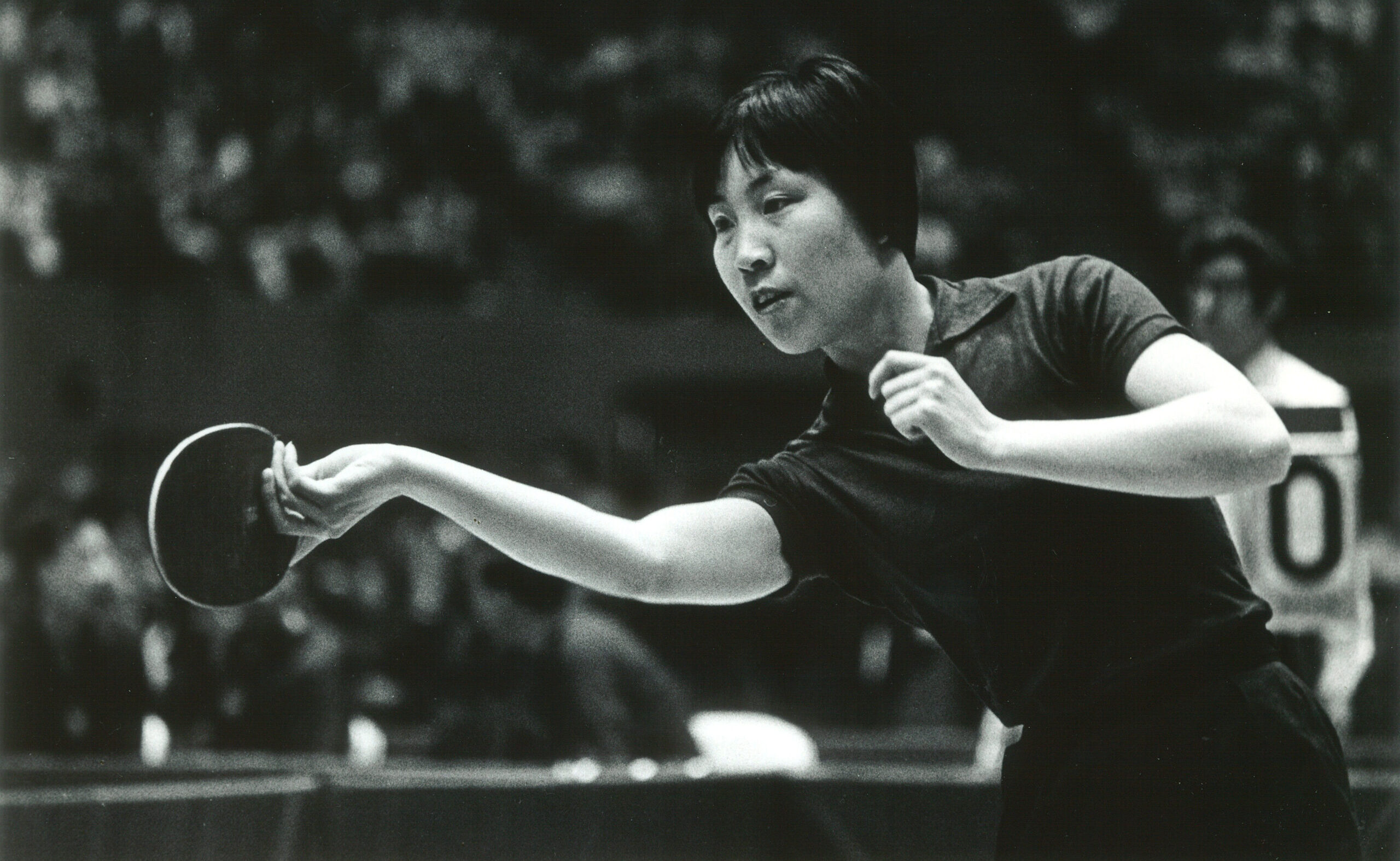A collection of events, interviews, and photos commemorating the 50th anniversary of Ping Pong Diplomacy.
In April 1972, the National Committee made history by hosting the Chinese Table Tennis Team in round two of what became widely known as Ping Pong Diplomacy. The watershed visit — the first-ever of a delegation from the People's Republic of China to the United States — set the Committee on its path of becoming the pre-eminent exchange organization between the United States and China.

